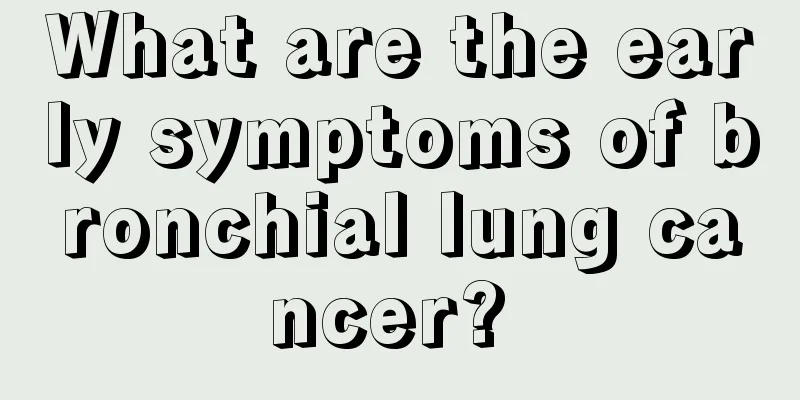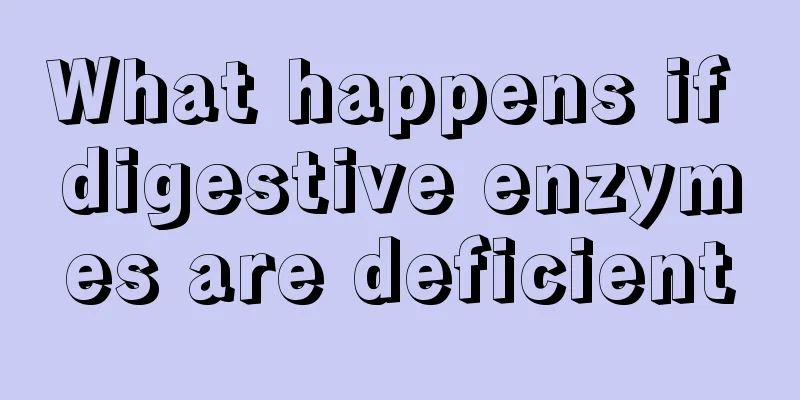Category I pollutants

|
Garbage must be classified, and the first type of pollutant is the most serious. It often requires special treatment, otherwise it will cause harm to the body. Generally, this kind of pollutant is discharged into nature, thus causing impact on people's health. Wastewater must be discharged to a designated location and must not be discharged directly into rivers. Not only is it harmful to the fish and shrimp inside, it can also easily cause algae to grow rampantly. The first category of pollutants are all seriously harmful substances that can easily cause great damage to the environment, so they must be strictly controlled. Wastewater containing such harmful pollutants shall be sampled at the outlet of the workshop or workshop treatment facility, regardless of the industry and wastewater discharge method, or the functional category of the receiving water body, and its maximum allowable emission concentration must comply with the provisions of "Maximum allowable emission concentration of first category pollutants" listed in this standard. No new sewage outlets shall be built in the first-level protection areas of urban centralized drinking water sources, key scenic spots and historic water bodies designated by the state, precious fish protection areas and other water protection areas with special economic and cultural values, as well as bathing beaches and aquaculture farms. Existing sewage discharge units shall be strictly controlled by local environmental protection departments to ensure that the water quality of the receiving waters meets the water quality standards for the specified purposes. Category I pollutants refer to those that can accumulate in the environment or in animals and plants and have long-term adverse effects on human health . Wastewater containing such harmful pollutants shall be sampled at the outlet of the workshop or workshop treatment facility, regardless of the industry and wastewater discharge method, or the functional category of the receiving water body, and its maximum allowable emission concentration must comply with the provisions of "Maximum allowable emission concentration of first category pollutants" listed in this standard. Category II pollutants refer to pollutants whose long-term impact is less than that of Category I pollutants . When samples are taken at the discharge outlet of the pollutant discharge unit, their maximum allowable emission concentration must comply with the provisions of "Maximum allowable emission concentration of Category II pollutants" listed in this standard. This standard stipulates that sewage discharged into surface waters and urban sewers shall be implemented according to the first, second and third level standards respectively according to the functional requirements of surface water areas and the destination of wastewater discharge. |
<<: Does moldy bean curd need to be cleaned?
>>: How to use fabric softener
Recommend
What are the hazards of mercury to the human body
Everyone knows about mercury. We talked about it ...
What are the effects of soaking wolfberry and lemon in water
Since the lemon cup came out last year, more and ...
What is the best way to treat pubic lice
Pubic lice are a type of parasite that often appe...
What is a sweatshirt
There are many different types of clothes. Accord...
What fruits are good for liver cancer patients? Eating these 6 kinds of fruits regularly is good for liver cancer
Liver cancer is a malignant disease that occurs i...
Is vitiligo hereditary? You should know these things
Vitiligo is a common skin disease in clinical pra...
I suddenly get acne on my face. What should I do if acne occurs during the change of seasons?
If you suddenly get acne on your face, you need t...
What are the acupuncture treatments for facial paralysis
Facial paralysis is a kind of movement dysfunctio...
What foods should not be eaten if you have hydronephrosis?
Patients with hydronephrosis need to pay attentio...
Is hair transplant reliable?
Due to the high work pressure, hair loss has almo...
How should cervical cancer be treated?
Although cervical cancer is dangerous, it also ha...
What are the sequelae of finger tendon rupture?
If the ruptured finger tendon is not effectively ...
How to remove tea stains from a thermos cup
China is a major tea-producing country, and the t...
How can I stay up late without feeling sleepy?
Staying up late without rest will definitely make...
What to do if you feel your throat is blocked during early pregnancy
A woman's body changes greatly after pregnanc...









